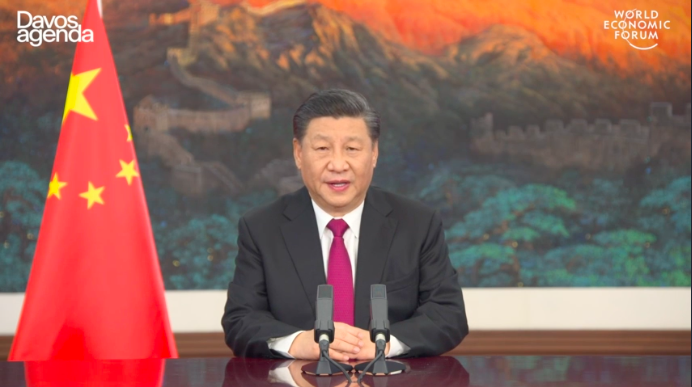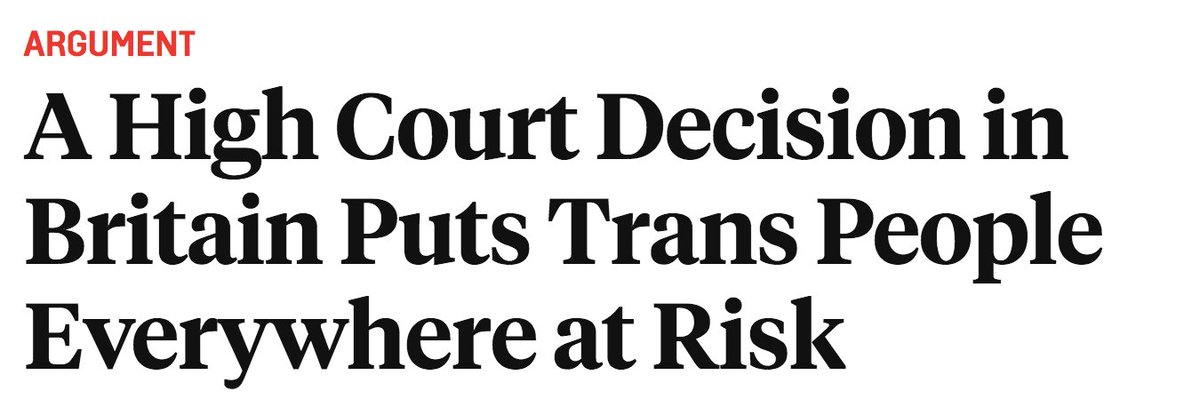On this day in 2007, the bomb blasts in Samjhauta Express killed 68 people including 44 Pakistanis. The immediate investigations revealed irrefutable evidence about the masterminds. In this thread, I would share some Indian newspaper clips which covered the investigations.
1. Lt Col Prasad Purohit, a serving Indian army officer, was arrested for terror conspiracy in the Malegaon blast case. He was the co founder of Abhinav Bharat, a right wing Hindu organisation. He admitted that he was the mastermind.
(The Times of India, Pune, 7 November 2008)
2. Lt Col Purohit met Pragya Thakur on 5 Oct 2008 to tell her that "Our People" had carried out the killings in Orissa, burnt down two churches and also carried out the Malegaon blast.
(The Indian Express, Pune, 24 Nov 2008)
Ironically, Pragya is BJP's MP today.
3. During his narco analysis test, Lt Col Purohit told officers that Praveen Togadia was responsible for the “Samjhauta Express Blasts”. He asked me to find out from Dr Dev, how much RDX was remaining after the blast.
(Pune Mirror, 19 Nov 2008)
4. In his narco analysis test, Lt Col Purohit gave sensational information that he supplied explosives for Ajmer and Malegaon blasts at the instance of Mahant Dayanand Pandey.
(Sakal, Pune and Pudhari, Pune, both of 15 Nov 2008)






























